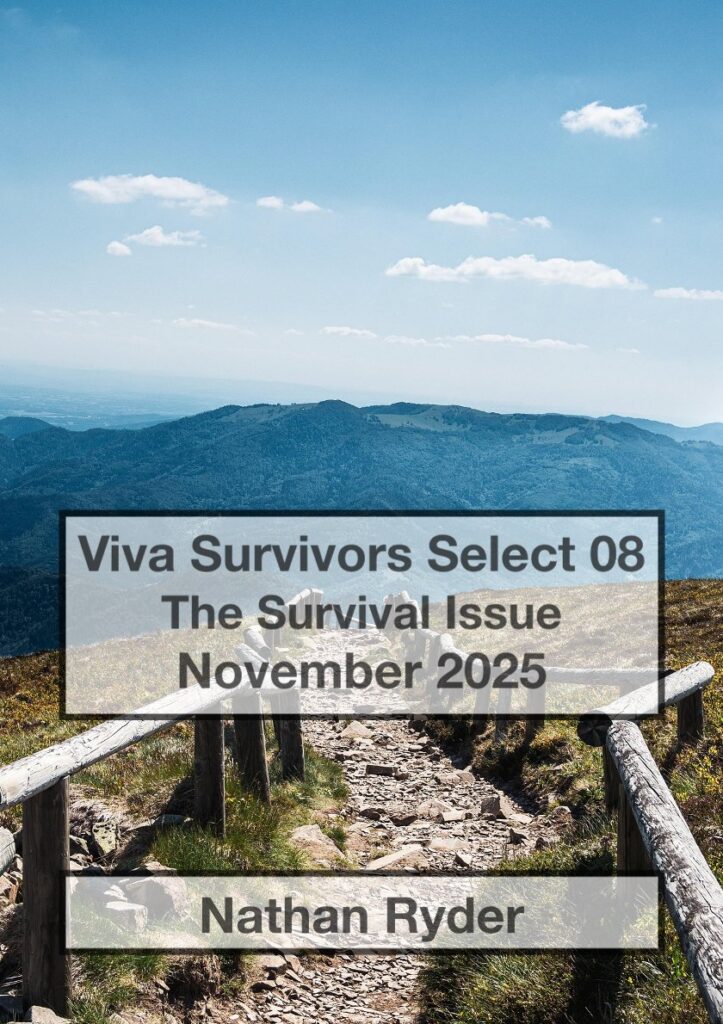You Can Take Action
I feel like I’ve written this a lot in recent posts – and over the years of writing Viva Survivors! – but it’s worth repeating: when you encounter a worry or a problem as you get ready for your viva there is no situation where you can’t take action to improve things.
Your action might be:
- To stop and think;
- To come up with a plan;
- To ask a friend for help;
- To read the regulations for thesis examination at your institution;
- To talk to your supervisor;
- To read something and think.
Or more generally to just do something. You could feel worried, stressed or unsure – but you can still do something.
Remember that you always have the option to try something to make your viva prep situation better. If you’re worried or stressed a good first step might be to ask for help, particularly if you’re feeling unsure what to do.
Work past worry.
PS: for more encouragement take a look at the eighth issue of Viva Survivors Select. I released The Survival Issue yesterday which contains twenty posts from the Viva Survivors archive plus new writing to help with making it to the end and through the PhD journey. Take a look!
